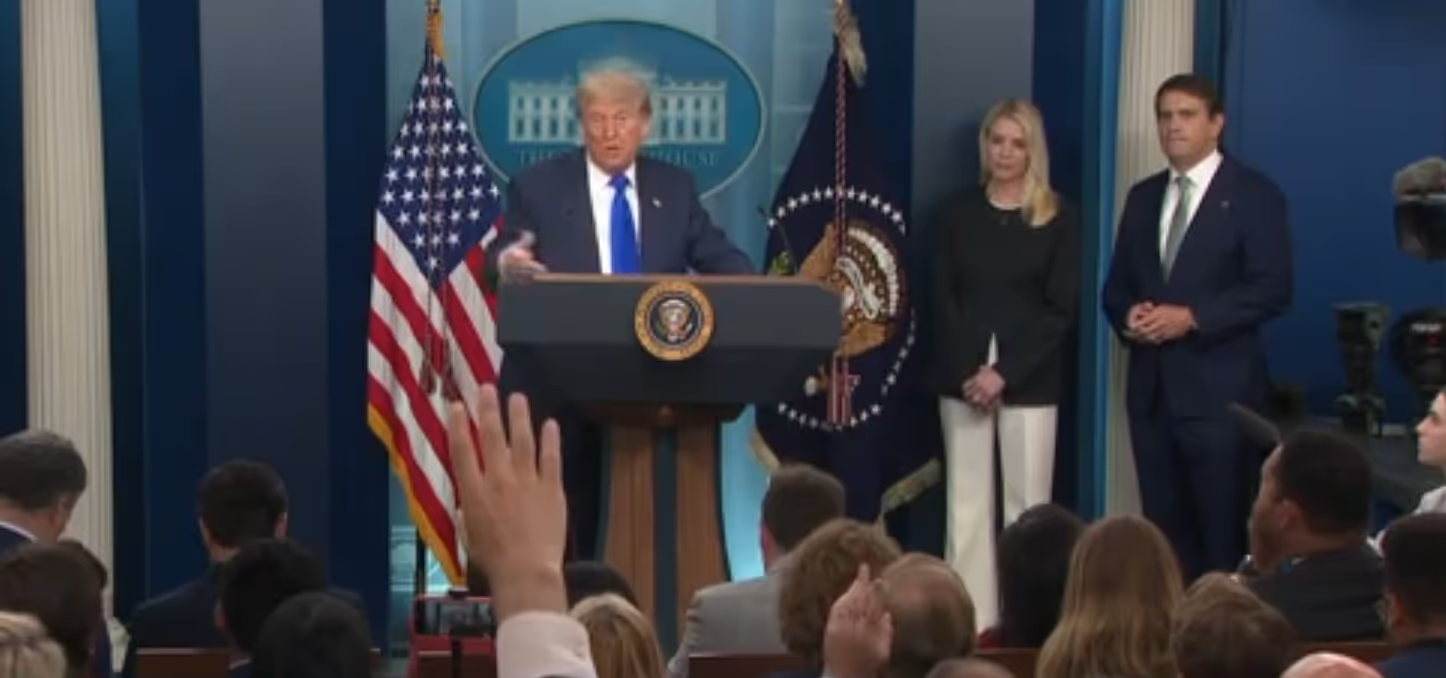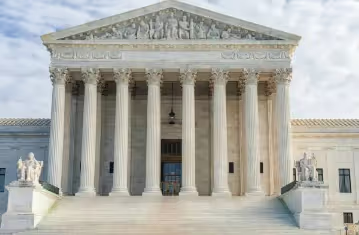.png)
Washington, D.C. —
In a landmark decision on Friday, the U.S. Supreme Court ruled in favor of a group of religious parents seeking the right to opt their elementary school children out of classroom exposure to LGBTQ+ themed books and discussions. The ruling has sparked a wave of national debate around educational freedom, religious rights, and LGBTQ+ inclusivity.
Former President Donald Trump, speaking from the White House briefing room, hailed the decision as a long-overdue win for American families.
“I think it’s a great ruling for parents,” Trump said. “They lost control of the schools, they lost control of their child, and this is a tremendous victory for parents. And I’m not surprised by it, but I am surprised that it went this far.”
The decision aligns with Trump’s longstanding campaign rhetoric, in which he repeatedly pledged to return “common sense” to public institutions, particularly schools. It also reflects the increasing influence of religious and conservative groups at the highest levels of American government.
The case, brought forth by a coalition of parents in a public school district, challenged mandatory reading and discussion of materials featuring LGBTQ+ themes. The Supreme Court ruled that parents have the constitutional right to opt their children out of such lessons based on sincerely held religious beliefs.
While the ruling has been celebrated by religious and conservative communities, LGBTQ+ advocacy organizations have voiced strong concerns. Critics argue the decision opens the door to broad educational censorship and could further marginalize LGBTQ+ students and families in the school system.
Despite the controversy, Trump remained firm in his support for the Court’s decision, calling it a reflection of American values and the importance of upholding parental authority.
“This is not about hate. It’s about letting parents raise their children according to their own values,” Trump added.
As the country heads into another contentious election cycle, the ruling is expected to become a major talking point on the campaign trail, further polarizing public opinion on the intersection of education, religion, and LGBTQ+ rights.







